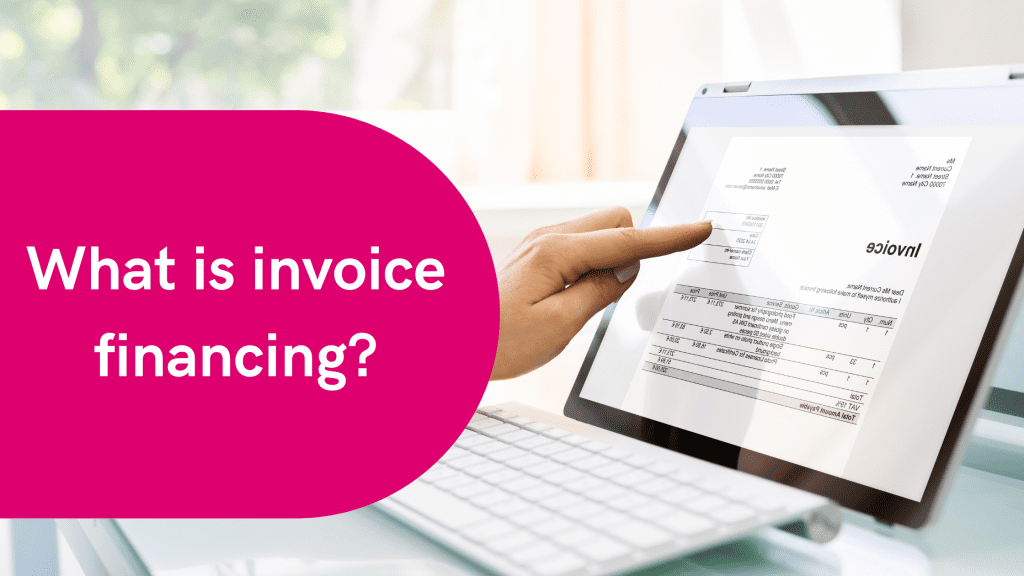
Navigating the Seas of Start-up Funding: A Guide for UK Entrepreneurs In the dynamic business landscape of the UK, start-up…

Navigating the Seas of Start-up Funding: A Guide for UK Entrepreneurs In the dynamic business landscape of the UK, start-up…

Navigating HMRC Time to Pay Arrangements: A Lifeline for UK Businesses In the complex world of business finance, one of…

In the realm of business finance, one solution that has been gaining traction, especially among small and medium-sized enterprises (SMEs),…

What is Asset Finance? In today’s fast-paced business world, staying ahead often means having the right tools and equipment at…

Should I Get a Business Loan? Running a successful business often requires a steady flow of capital to cover various…

What Lenders Look for When You’re Applying for a Business Loan Securing a business loan is a critical step in…

In the ever-evolving landscape of business and finance, staying ahead means leveraging every available resource to fuel growth and efficiency….

Hello, business owners! Let’s talk about what the UK Autumn Statement means for you in plain English, with all the…

From Humble Beginnings to Industry Pioneers As we stand on the brink of a significant milestone, it’s time to turn…

The Autumn Statement is more than just a financial forecast; it’s a roadmap that can influence your business decisions for…